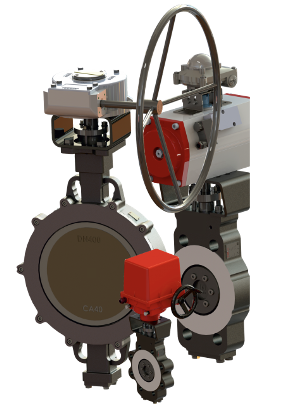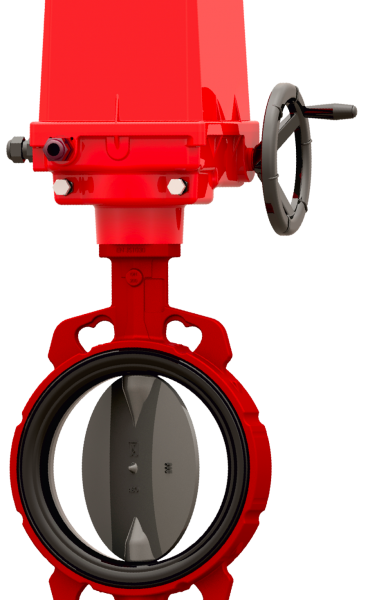How can manufacturing lead Britain’s post-coronavirus economic recovery?
Report
Chair
David Millar, Managing Director, Heap & Partners
Panellists
Mark Pawsey MP (Conservative), All-Party Parliamentary Manufacturing Group (APMG)
David Wafer, Institute of Directors
Paula Basnett, Wirral Chamber of Commerce
Andrew Borland, Virtual Engineering Centre, University of Liverpool
Chair David Millar kicked off the event by outlining the economic value the manufacturing industry brings to the UK and the challenges it is currently facing as a result of coronavirus’ impact. David asks the panel what they felt were the biggest challenges the industry is facing.
The consensus from the panel was that while the coronavirus pandemic brought about immediate challenges for manufacturing, adopting automation and new technologies, breaking barriers for SMEs bringing products to a global mark, and encouraging an influx of skilled workers were challenges which needed to be tackled.
Mark Pawsey MP highlighted that one of the main challenges the industry is facing is that Covid-19 has resulted in businesses remaining solely focused on surviving before they tackle other issues which will solidify their future.
He said: “One of the challenges is that business people are looking at survival. They’re looking at how they can get past the current pandemic before they look at the next challenges.”
Paula Basnett highlighted how the Government needed to support and invest in local businesses to help them implement green and digital initiatives which had been adopted by global manufacturers.
Pushing British products to a global market was seen as key to boosting the UK’s manufacturing productivity. Mark Pawsey MP placed a particular onus on the UK becoming a world leader in bringing its products to countries around the globe if the economy is to recover.
“What we need to do, and what manufacturing needs to do is get out and sell products. We have brilliant sales people in the UK. I would like to see the best sales people the country has to get out in world markets,” he said.
Meanwhile attention turned to the challenges faced by SMEs in getting their products to global market, with Heap & Partners’ David Millar stating it is “incredibly difficult”. The panel agreed that the Government needs to help and support small manufacturing firms so they can get past the barriers of exporting to a global market. Mark Pawsey MP urged SMEs who are struggling to champion their local Member of Parliament to help them raise the issue in government.
The discussion moved on to the role of education in bolstering Britain’s manufacturing output. It was agreed that it was essential to upskill the UK’s workforce, which would lead to the adoption of automation and digital technologies and further increase productivity. The panel agreed there was also a need to change perceptions of manufacturing as well as investing in education infrastructure to make the industry appear as a more attractive career prospect for today’s youth.
“There is a need to change perceptions of manufacturing. It’s not dark and dingy factory floors anymore. We need to educate teachers and parents about modern manufacturing so they can pass it on to their children.” Mark Pawsey MP.
David Wafer added: “We need to change the infrastructure which is in place with regards to education facilities to drive young people towards choosing manufacturing as a career choice.”
Concluding the webinar, the panel highlighted getting past the coronavirus pandemic, adopting automation and new digital technologies, empowering SMEs to export to a global market, and investing in education to bring an influx of skilled workers into the sector, as key measures which would help manufacturing lead Britain’s post-coronavirus economic recovery.
Final Note
Huge thank you to all our panellists for their fantastic contributions, as well as to everyone who attended the webinar and asked questions. We hope you all enjoyed it.
“Countries who place manufacturing at the heart of everything they do recover faster. It can drive the economy forward.” – David Wafer




